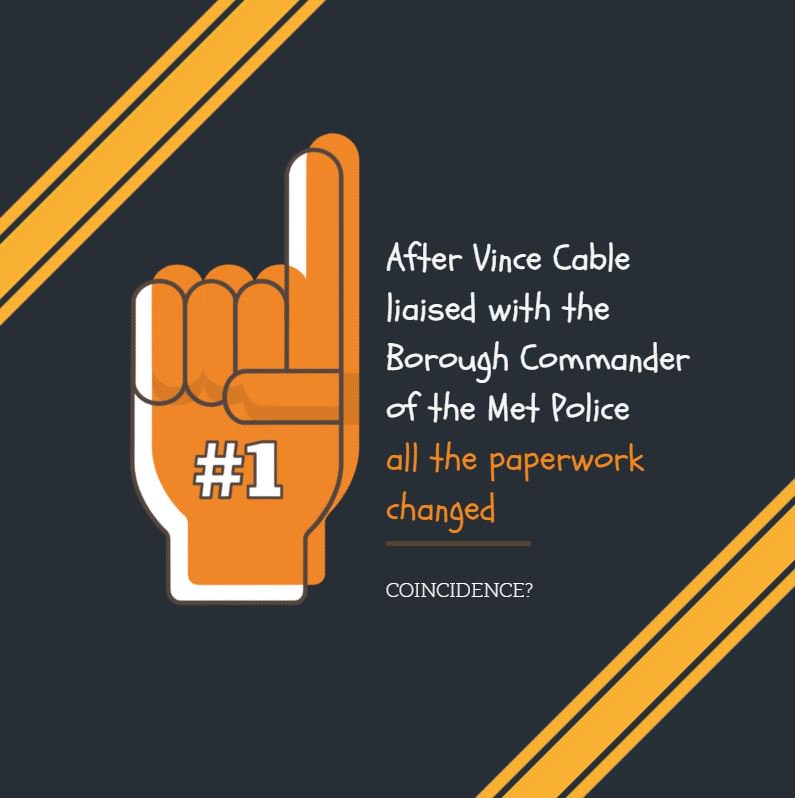However Godse & Gandhi were Heroes under two different Moral universes.
Now if you want to take down a Hero, the strategy depends on the moral prism under which the heroism of the hero is interpreted.
The Roman magistrates and governors were dumbfounded as to why would people reject life and embrace death.
On the other hand, the Japanese in the Edo period, denied the missionaries the Martyrdom that they yearnt for.












